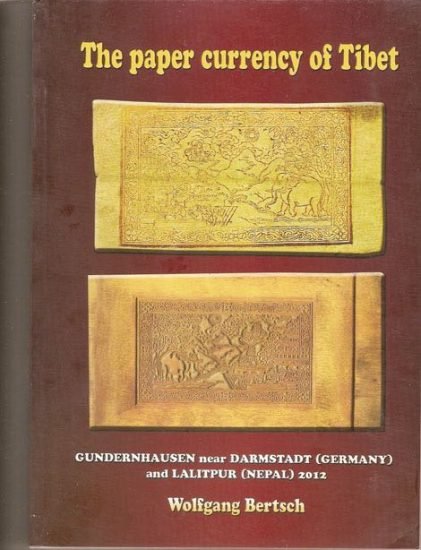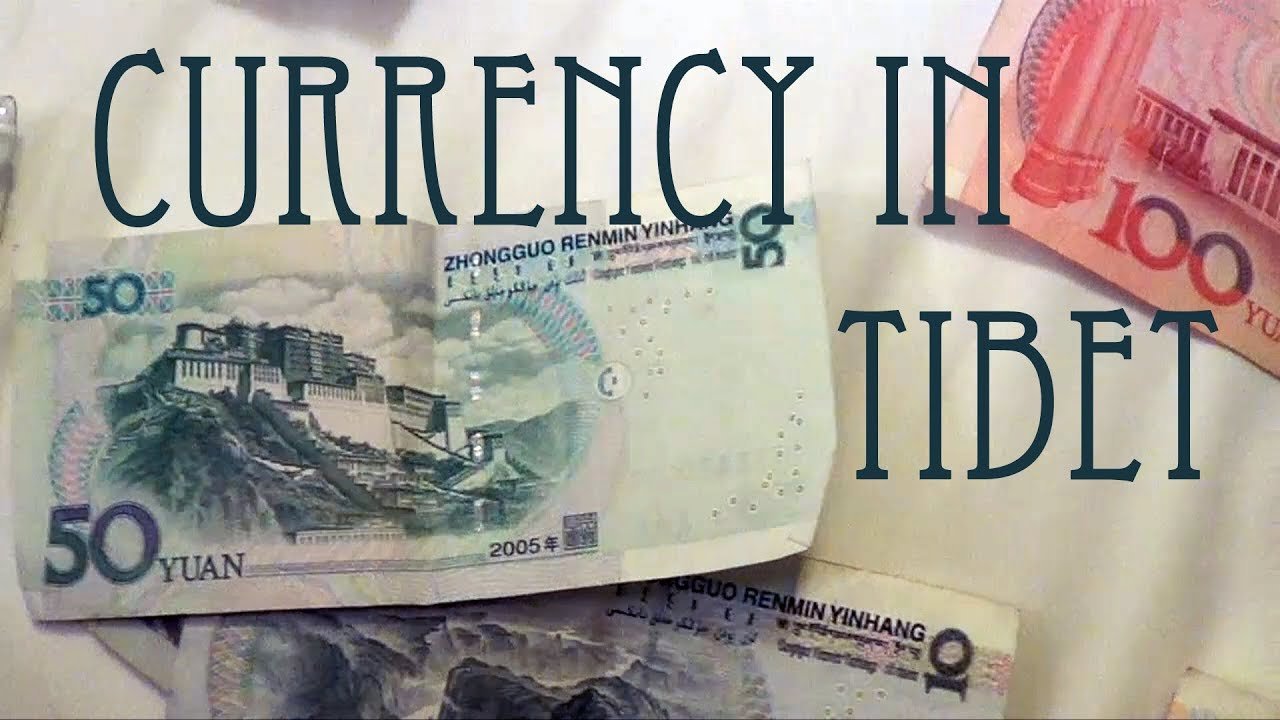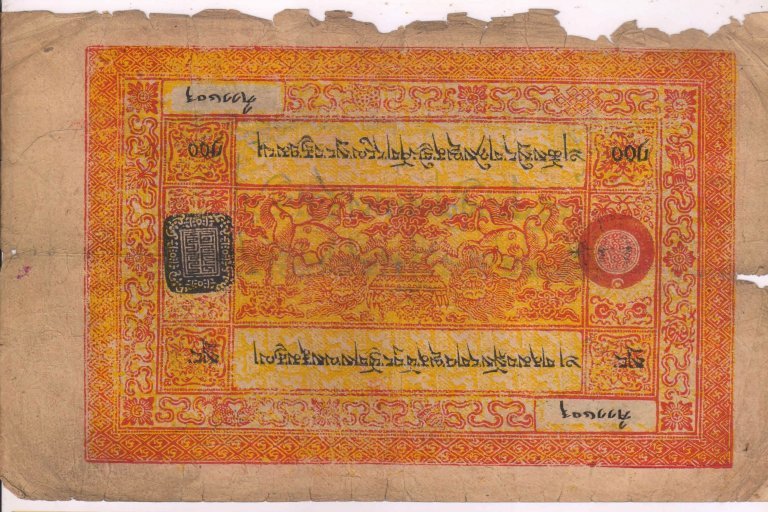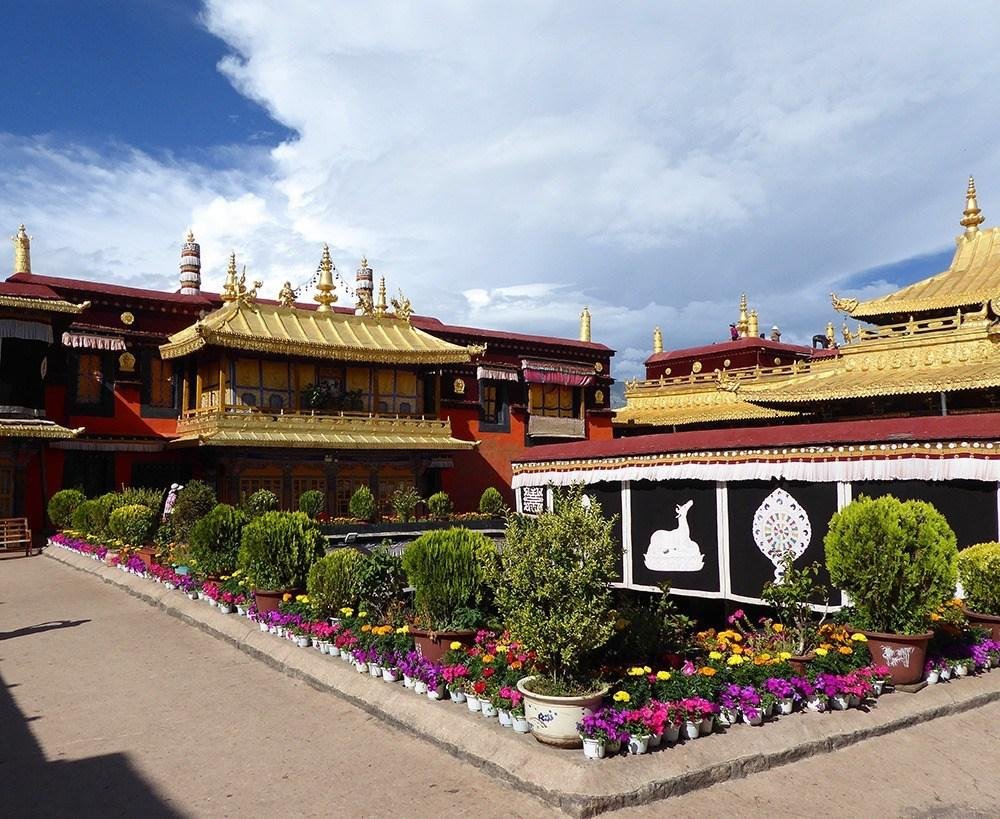Your Ultimate Guide To Tibet Tours: Money Matters: Navigating Currency And Credit Cards In Tibet

Executive Summary

Exploring the captivating land of Tibet requires careful planning, including understanding the local currency and banking system. This comprehensive guide provides valuable insights into navigating monetary transactions in Tibet, ensuring a seamless and hassle-free travel experience.

Introduction
Tibet’s unique political and geographical landscape influences its financial system, making it essential for travelers to familiarize themselves with the local currency and credit card usage. By understanding the different payment options, exchange rates, and banking regulations, you can effectively manage your expenses and avoid any financial surprises during your adventure in Tibet.
Currency in Tibet
Tibet’s official currency is the Chinese Yuan Renminbi (RMB), denoted by the symbol ¥. It is the only legal tender within Tibet and is widely accepted by businesses, hotels, and tour agencies.
Exchanging Currency
- Banks: Major banks such as the Bank of China and the Industrial and Commercial Bank of China have branches in Lhasa and other Tibetan cities. Present your passport and exchange foreign currencies into RMB.
- Hotels: Many hotels, especially in tourist areas, offer currency exchange services. Rates may be slightly higher than banks, but it’s a convenient option.
- Money changers: Designated money exchange counters are available in tourist hubs and border crossings. Be sure to compare rates and check for hidden fees.
Credit Card Usage
- Limited acceptance: Credit cards are not widely accepted in Tibet. Only major hotels and tour agencies may accept cards from international networks like Visa and MasterCard.
- High surcharges: Using credit cards in Tibet often incurs surcharges of up to 5% or more.
- Cash advance fees: Withdrawing cash using a credit card from ATMs can incur additional fees, both from the issuer and the local bank.
Tips for Managing Money in Tibet
- Carry enough cash: As credit card usage is limited, it’s crucial to carry sufficient cash for most expenses.
- Exchange small amounts: Exchange currency incrementally to avoid carrying large sums of money.
- Keep receipts: Keep all exchange and credit card receipts for accounting purposes and potential disputes.
- Be aware of counterfeit notes: Familiarize yourself with the security features of Chinese currency to avoid accepting fake notes.
- Inform your bank: Notify your bank about your travel dates to prevent potential card blocks or suspicious activity alerts.
Conclusion
Understanding the currency and payment options in Tibet is essential for a smooth and enjoyable travel experience. By carefully managing your finances and following the advice outlined in this guide, you can avoid financial headaches and focus on exploring the wonders of Tibet without any monetary worries.
